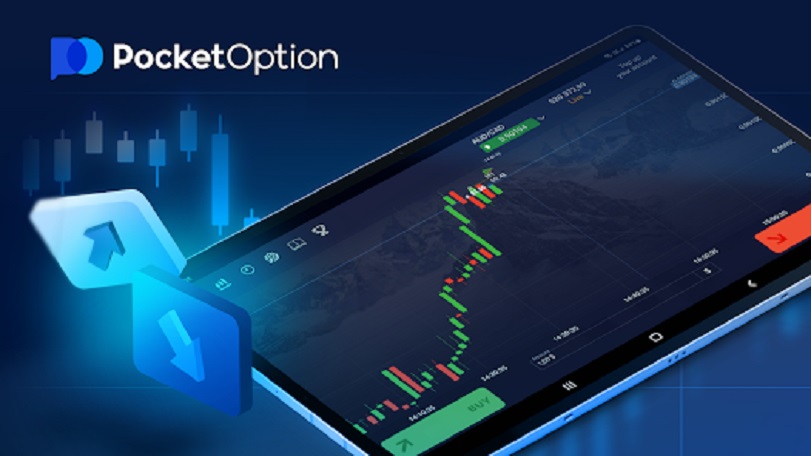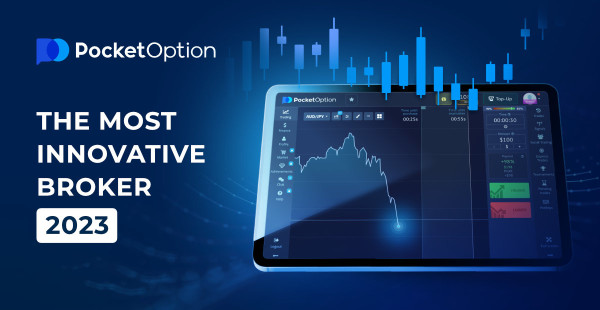
Pocket Option Fees
If you’re considering trading with Pocket Option, it’s essential to understand the fee structure. Knowing the Pocket Option Fees Pocket Option Fees can significantly impact your trading strategy and overall profitability. This article aims to provide a thorough overview of the various fees associated with Pocket Option, including deposits, withdrawals, and trading costs.
1. Overview of Pocket Option
Pocket Option is a popular online trading platform specializing in binary options trading. It offers a user-friendly interface, a variety of trading assets, and excellent customer support. However, like any trading platform, Pocket Option charges fees that traders must be aware of to make informed trading decisions.
2. Types of Fees on Pocket Option
Before diving into specific fees, it’s crucial to categorize them for clearer understanding. The primary fees involved in trading on Pocket Option can be divided into the following categories:
- Deposit Fees
- Withdrawal Fees
- Trading Fees
- Commission Fees
2.1 Deposit Fees

When you deposit funds into your Pocket Option trading account, it’s essential to be aware of any possible fees. Fortunately, Pocket Option typically does not charge any fees for deposits made with various payment methods such as credit cards, bank transfers, and several popular e-wallets. However, it’s advisable to check with your payment provider, as they may impose their own transaction fees.
2.2 Withdrawal Fees
One of the critical aspects of trading is the withdrawal process. Pocket Option allows users to withdraw their funds easily; however, fees may apply. As of now, the platform does not impose a withdrawal fee for most methods, including bank transfers and credit cards. Nonetheless, third-party fees may still apply depending on your payment provider. Therefore, it’s always wise to check the specifics of your chosen withdrawal method.
2.3 Trading Fees
While Pocket Option does not charge a direct trading fee, it’s essential to understand that the cost of trading is integrated into the trading spreads. The spread is the difference between the buying and selling price of an asset. Depending on market conditions, spreads can vary, which directly affects your profitability. Traders should consider this factor when determining the overall cost of their trades.
2.4 Commission Fees
Some platforms impose commission fees based on the volume of trades executed. Pocket Option stands out by not charging commission fees for trades. This absence of commissions ensures that traders can maximize their potential earnings without worrying about additional costs eating into their profits.
3. Payment Methods and Their Fees

Understanding the available payment methods on Pocket Option is crucial, as each method has different processing times and potential fees. Here’s a look at some of the commonly used payment options and their associated fees:
- Credit/Debit Cards: Transfers are usually instant, with no fees from Pocket Option; however, bank fees may apply.
- Bank Transfers: Generally take longer (1-3 business days) but also do not incur fees from Pocket Option.
- E-wallets (e.g., Skrill, Neteller): Instant transfers with no fees from Pocket Option; users should check for any fees from their e-wallet provider.
- Cryptocurrencies: Fast transactions, though network fees may apply depending on the cryptocurrency used.
4. Significance of Understanding Fees
As a trader, understanding the various fees involved in trading can help you devise a more effective trading strategy. Being aware of deposit and withdrawal fees, trading spreads, and other costs can make a significant difference in your overall returns. Here’s why it’s important:
- Cost Management: Being informed about fees helps in budgeting, allowing you to manage your trading costs effectively.
- Profit Calculation: Knowing how fees affect your trades helps in calculating potential profits and losses accurately.
- Effective Strategies: With a clear understanding of trading costs, you can formulate strategies that optimize your returns and minimize expenses.
5. Conclusion
In summary, while Pocket Option offers a fee structure that is relatively friendly to traders, it’s important to remain vigilant about the costs associated with trading, deposits, and withdrawals. Understanding the Pocket Option Fees ensures that you are better prepared for your trading journey and can make more informed decisions. By managing your costs effectively, you can maximize your trading potential and ultimately achieve your financial goals.
6. Final Thoughts
Whether you are a novice trader or a seasoned professional, fees are an integral part of the trading experience. By taking the time to understand Pocket Option’s fee structure, you position yourself for success in the fast-paced world of binary options trading. Always keep learning and stay updated with any changes in fees or policies to ensure you remain an informed and effective trader.
